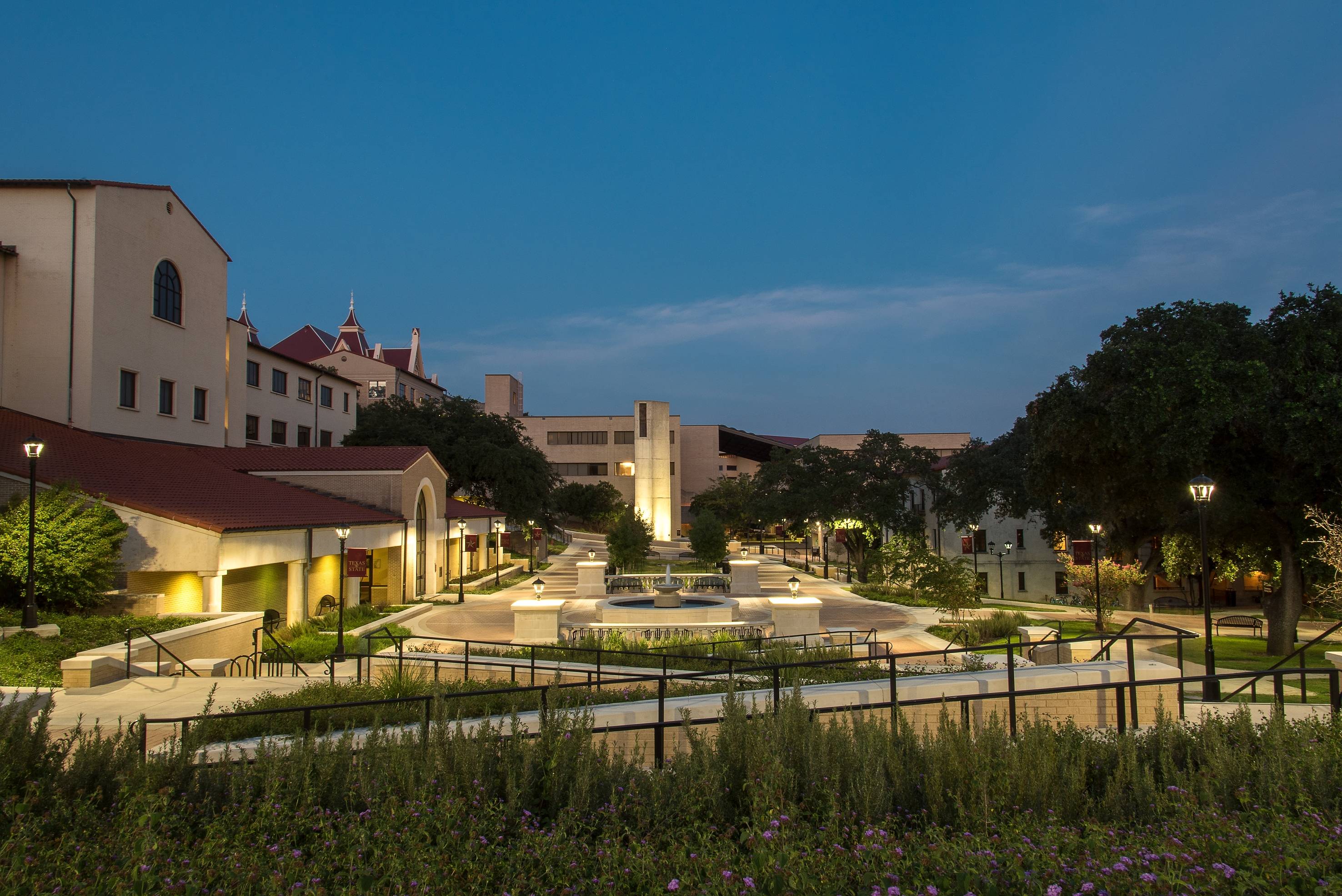faculty research grants
Research Highlights
Faculty in the College of Liberal Arts at Texas State University are leading transformative research through various grants. These projects tackle important challenges and push the boundaries of knowledge, driving innovation across multiple fields. Discover the groundbreaking work that is shaping our understanding of the world.
Fort Campbell Environmental Regulatory Compliance Intergovernmental Support Agreement
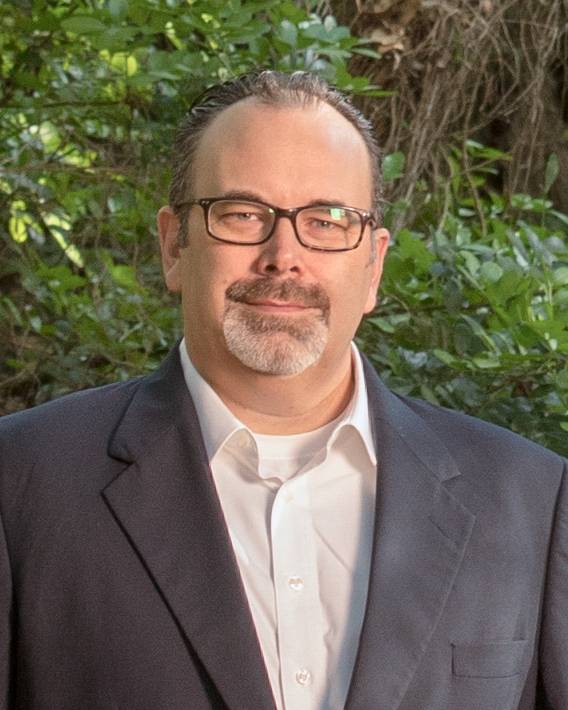
- Todd Ahlman, Assistant Professor of Practice and Director: Center for Archaelogical Studies
- Funding Agency: Department of Defense, US Army, and Fort Campbell
- Funding Amount: $27.75 million
- Project Period: 2025-2035
Texas State University has entered into a 10-year agreement with Fort Campbell to provide environmental regulatory compliance services for the installation. This agreement provides Fort Campbell a single provider for regulatory compliance that will ensure consistent compliance with state and federal regulations. The agreement also gives Texas State faculty, staff, and students research and training opportunities in environmental regulatory compliance. The agreement will be managed by Drs. Todd Ahlman and Jodi Jacobson and other faculty and staff in the Center for Archaeological Studies.
Increasing Retention Rates in Postsecondary Education for Students with Experience in Foster Care

- Toni Watt, Chair and Professor of Sociology
- Funding Agency: Moody Foundation Education M-Pact Fund
- Funding Amount: $1,100,000
- Project Period: 7/1/24-6/30/27
Students with experience in foster care (SEFC) exhibit one of the lowest college achievement rates among marginalized groups. Data indicates that 3.5% of SEFC graduated from Texas public institutions with a postsecondary education credential. This grant supports the development, implementation, and evaluation of a peer mentoring program for SEFC at six pilot institutions across the state. Dr. Sheila Bustillos (University of North Texas) serves as the PI on the grant. Her role focuses on program design and implementation. Dr. Watt (Co-Investigator) will lead the research to inform the design of the programming and assess its effectiveness.
Volunteering, Polygenic Risk, and Cardiovascular Biomarkers in Multiple Ancestry Groups

- Seoyoun Kim, Associate Professor, Department of Sociology.
- Funding Agency: National Heart, Lung, and Blood Institute (NHLBI).
- Funding Amount: $977,894
- Project Period: 2024-2027.
This project aims to quantify the effects of sustained volunteering on multiple modifiable cardiovascular disease (CVD) biomarkers while considering the selection into volunteering, genetic susceptibility for clinically high CVD biomarkers, and the effect heterogeneity in multiple population subgroups. Findings from this ten-year longitudinal study of older adults will inform the optimal level of volunteering among older adults, identify which population subgroups should be targeted for volunteering interventions, and show how genetic information informs research on volunteering and health. This study will also provide insight for future research to examine the complex trajectory of volunteering and cardiovascular health in middle-aged and older adults.
Assessing North American Immigration Policy
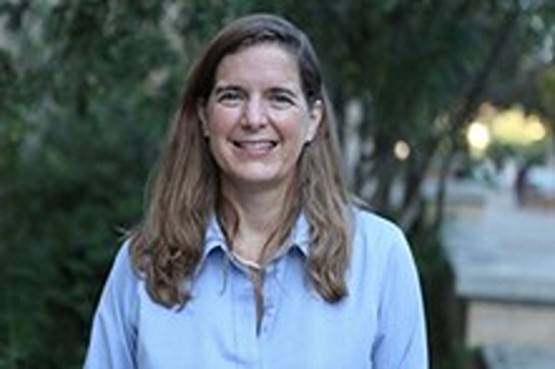
- Sarah Blue, Associate Professor, Department of Geography and Environmental Studies
- Funding Agency: Fulbright-Carlos Rico Award for North American Studies
- Funding Amount: $25,000
- Project Period: January – August 2025.
The research will examine the regional consequences of US immigration policy designed to deter irregular migration. Through policy analysis and interviews regarding the design, implement/enforce, and experience the consequences of policy regulations, I will compare US immigration policy with Mexico and Canada. A comparison of the goals, characteristics, implementation, and consequences of policy aimed at managing increased irregular migration will highlight how the three countries are working together or at cross-purposes to manage the increased and diversified influx. The findings should illuminate North American immigration policy, identify and assess points of convergence and divergence, and understand policy effectiveness and consequences for states and migrants themselves.
Audible Sublime: Literature and Aurality in Nineteenth-Century Latin America
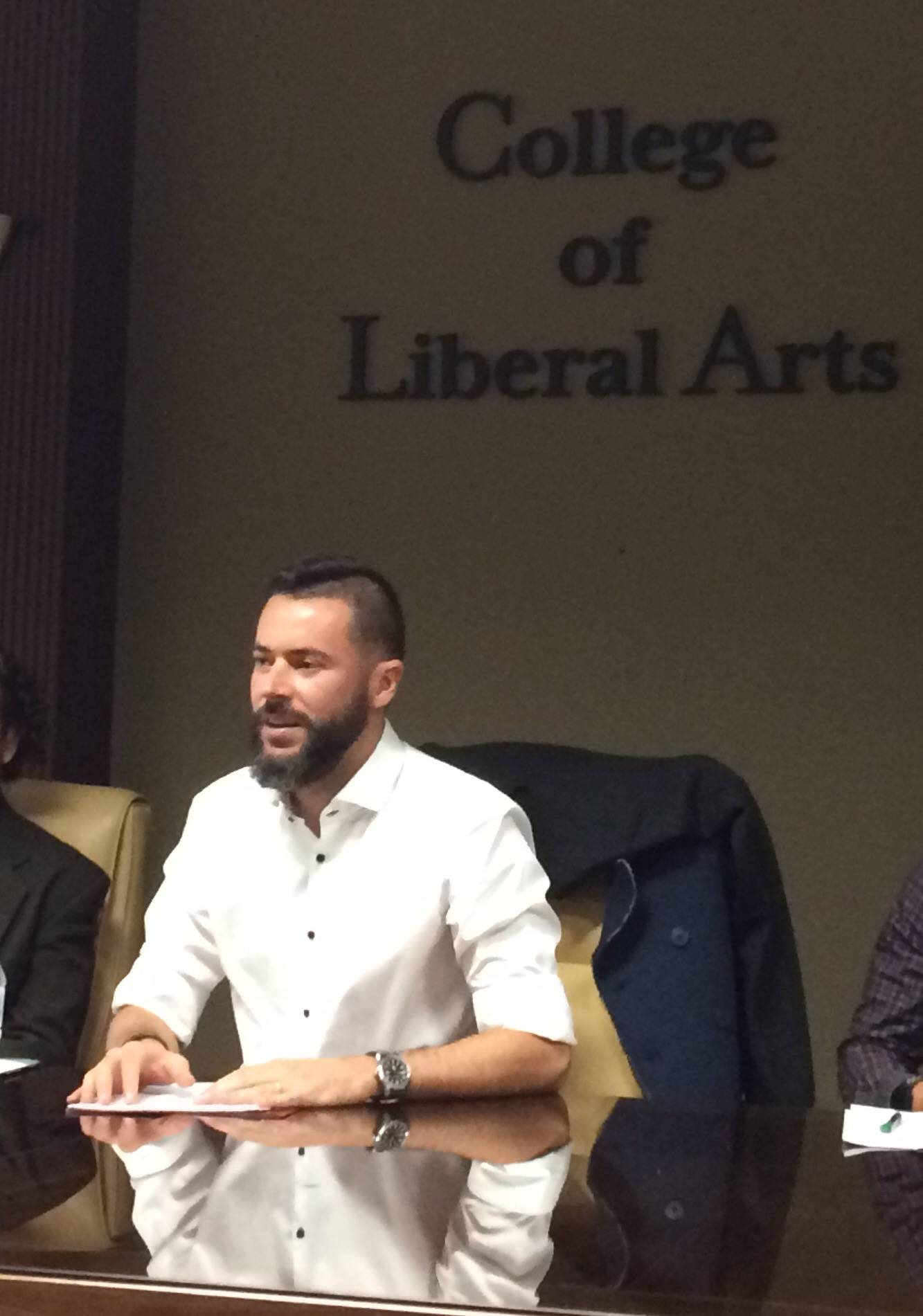
- Carlos Abreu Mendoza, Associate Professor, Department of World Languages
- Funding Agency: National Endowment for the Humanities
- Funding Amount: $60,000
- Project Period: 09/01/2024 – 08/31/2025.
This NEH grant will allow me to complete my book project, which explores how nineteenth-century Latin American writers often resorted to sound descriptions when visual paradigms were insufficient to understand and register intense and frightful human and natural geographies. This recourse to sound unsettles a visual tradition of the sublime deeply concerned with ocular accounts of awe and wonder and their representations. The project is part of a current effort among literary scholars, historians, and cultural critics within the emerging field of sound studies to interrogate the role of aural perception in shaping key debates concerning modernity, rationality, and knowledge. https://apps.neh.gov/publicquery/AwardDetail.aspx?gn=HB-295323-24
Revolutionary Forms: U.S. Literary Modernism and the Mexican Vogue, 1910-1940
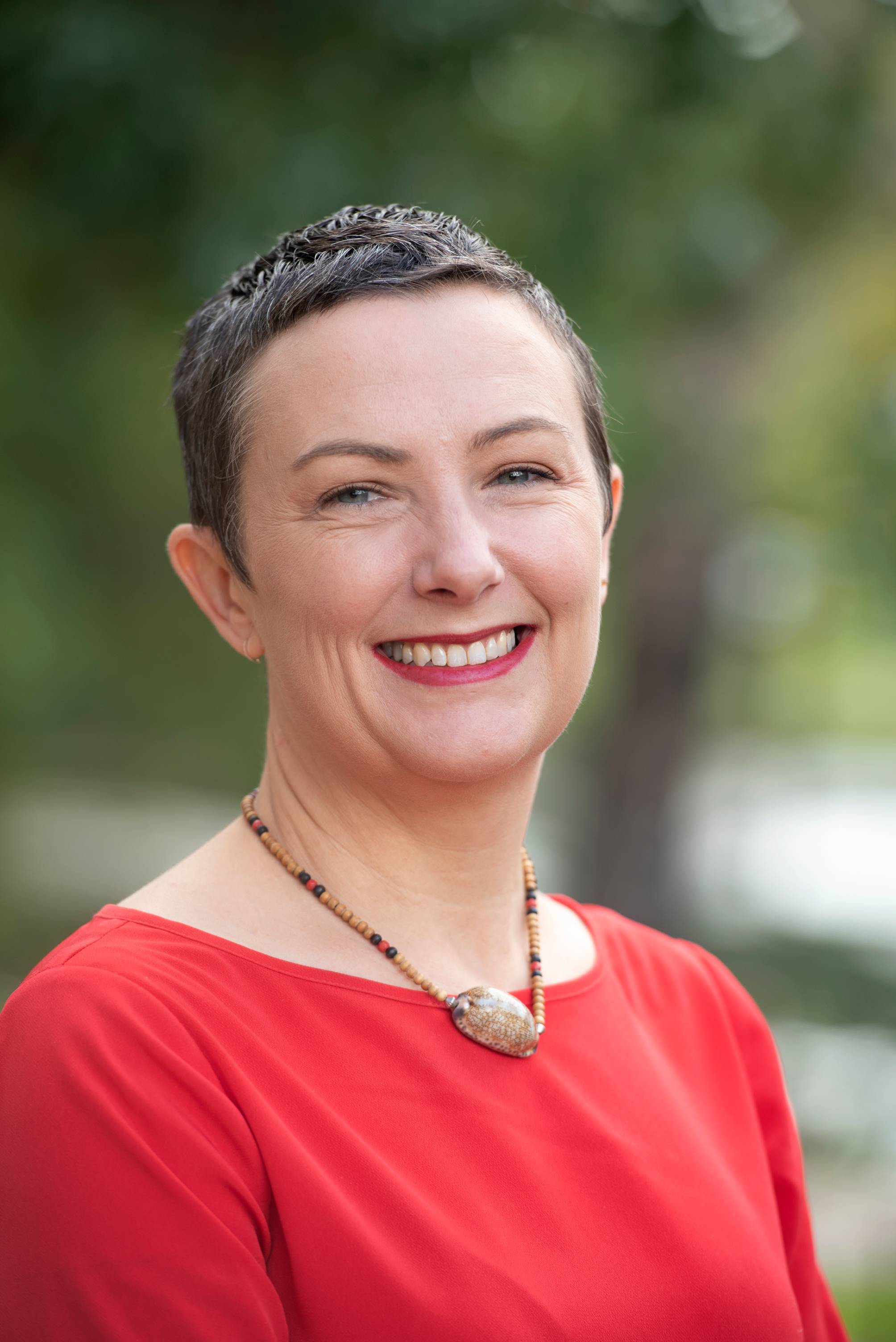
- Geneva M. Gano, Professor of English
- Funding Agency: National Endowment for the Humanities
- Funding Amount: $60,000
- Project Period: 2023-2024.
This scholarly monograph argues that the impact of the Mexican Revolution on the development of modernist literature in the United States was primary and definitive. This wide-ranging, transborder study frames U.S. literary modernism within an American, hemispheric context rather than hew to the Eurocentric paradigm that has long dominated the field. This book demonstrates that a hemispheric approach to modernist studies highlights a distinctive set of formal and thematic elements. The texts considered here emphasize radical (leftist) political ideologies, celebrate indigeneity and the “folk,” employ a mode of “romantic realism,” rely on simple, lyrical poetic expressions, and are oriented toward a wide, diverse, general public instead of a coterie of learned sophisticates. This book examines U.S. writers and artists including Katherine Anne Porter, Anita Brenner, Edward Weston, Lynn Riggs (Cherokee), and Langston Hughes alongside Mexican ones including Mariano Azuela, Miguel Covarrubias, and Nellie Campobello.
Longitudinal Changes in Prescription Drug Misuse and Polysubstance Use in Adolescents and Young Adults

- Ty Schepis, Professor, Department of Psychology
- Funding Agency: National Institute on Drug Abuse/National Institutes of Health.
- Funding Amount: $1,245,909
- Project Period: 09/15/23-07/31/27
Adolescents and young adults (AYAs) have the highest prevalence rates of prescription drug misuse (PDM) and increasing rates of overdose from PDM. Little research has examined longitudinal changes or age, time period, and cohort differences in PDM, PDM from multiple medication classes, and polysubstance use that involves PDM in AYAs. This research program will examine these issues in AYAs (12-30 years) to identify those in need of targeted screening, prevention and treatment. This research will allow researchers and clinicians to prevent PDM at the most vulnerable periods and intervene in those AYAs most in need of treatment for PDM.
Community-Driven Geospatial Approach to Improving Public Health Data Systems in Beaumont-Port Arthur, Texas

- Yongmei Lu, Professor, Department of Geography and Environmental Studies
- Funding Agency: National Academies of Sciences, Engineering and Medicine, in partnership with the Robert Wood Johnson Foundation
- Funding Amount: $1,488,160
- Project Period: 09/01/2023 – 08/31/2025
This project aims to identify important social determinants of health (SDoH) Using community-based participatory research. The project will examine the impact of air pollution on the high cancer and asthma rates in Beaumont-Port Arthur area. Community-driven research activities include training and data collection using air monitoring and health needs assessment. This project’s interdisciplinary approach has the potential to develop innovative strategies for addressing the health disparities associated with climate change and environmental degradation. The project team consists of researchers from multiple institutions. The project PI is Dr. Ayodeji Iyanda from Prairie View A&M University. Dr. Yongmei Lu is the project director from Texas State University.
Decoding Land Transitions across the Urban-Rural Continuums (URC): A Synthesis Study of Patterns, Drivers, and Socio-environmental Impacts in Southeast Asia
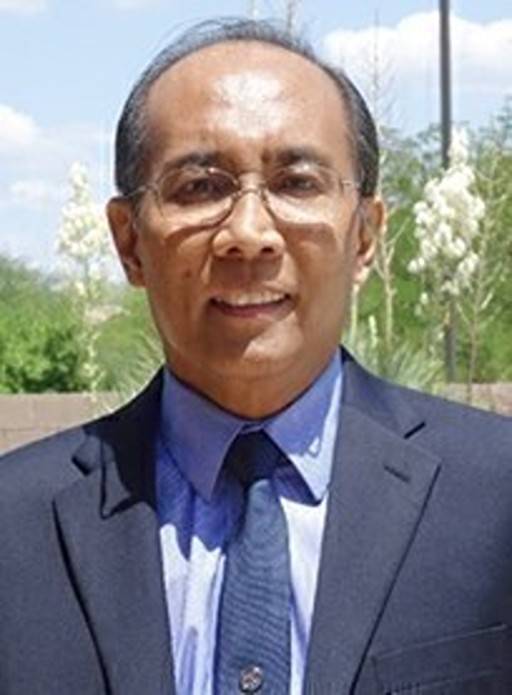
- Soe Win Myint, Professor, Department of Geography and Environmental Studies
- Funding Agency: Environmental Justice & Public Health: Climate, Land, & (Health) Outcome of Dengue Fever (CLOUD) (umd.edu)
- Funding amount: $1,699,993
- Project Period: 07/31/2023 - 07/30/2026
We established an interdisciplinary team of scholars to bring relevant efforts, with land cover land use change projects as the core, toward a synthesis of data, tools, models, and knowledge so that our previous research can be used to generate more value to the scientific community. The proposed research focuses on the urban-rural continuums (URC) – an innovative concept adopted by the team – as our primary domain of synthesis. Nineteen cities of various sizes from 8 Southeast Asian countries have been selected for detailed analyses at the local level. Our synthesis effort is guided by the research questions that examine drivers, patterns and processes of land use transformation across the URC.
Forensic Fire Death Investigation: Cross-Disciplinary Research and Performance Standards Development for Structural and Vehicle Fire Scenes
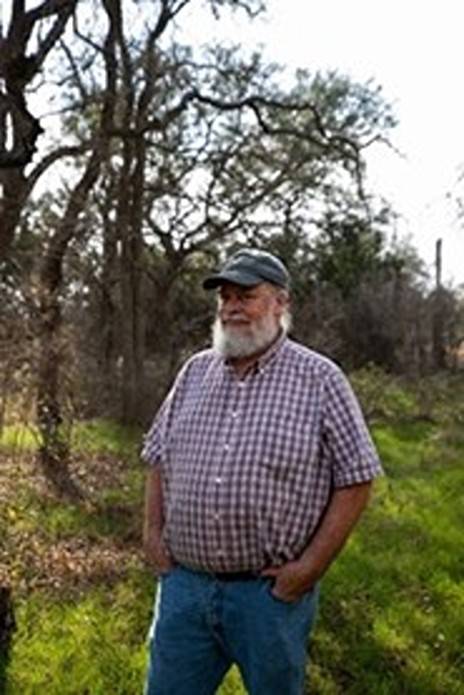
- Daniel Wescott, Professor, Department of Anthropology
- Funding Agency: National Institute of Justice
- Funding Amount: $1,087,985
- Project Period: 01/01/2023 – 12/31/2025
This research award aims to examine post-marketing risks and benefits of prescription stimulant medication for Attention-Deficit/Hyperactivity Disorder (ADHD), with particular focus on the development of nonmedical stimulant use, illicit stimulant use, and stimulant use disorder symptoms. This project uses three sources of data, including the National Survey on Drug Use and Health, the Monitoring the Future survey, and data from the Massachusetts General Hospital (MGH) Helping to End Addiction Long-term (HEAL) Initiative.
A Mosaic Approach for Understanding Stimulant Use, Misue and Use Disorder

- Ty Schepis, Professor, Department of Psychology
- Funding Agency: US Food and Drug Administration
- Funding Amount: $1,487,081
- Project Period: 09/24/22-09/23/25
This research award aims to examine post-marketing risks and benefits of prescription stimulant medication for Attention-Deficit/Hyperactivity Disorder (ADHD), with particular focus on the development of nonmedical stimulant use, illicit stimulant use, and stimulant use disorder symptoms. This project uses three sources of data, including the National Survey on Drug Use and Health, the Monitoring the Future survey, and data from the Massachusetts General Hospital (MGH) Helping to End Addiction Long-term (HEAL) Initiative.
Build and Broaden: Geographies of Migration and (In)Security
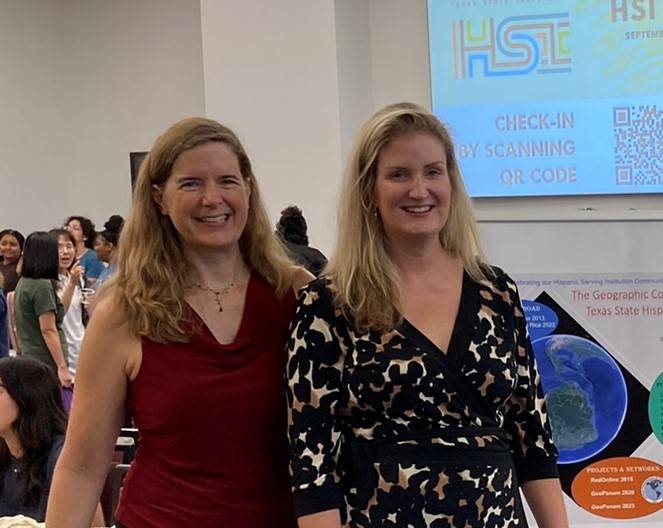
- Sarah Blue, Associate Professor, Department of Geography and Environmental Studies
- Jennifer Devine (Co-PI), Associate Professor, Department of Geography and Environmental Studies
- Marie Price and Elizabeth Chacko, George Washington University, Caroline Miles and Carla Angulo-Pasel, University of Texas Rio Grande Valley
- Funding Agency: National Science Foundation
- Funding Amount: $500,155
- Project Period: September 2022 – August 2025
This research draws attention to migrant vulnerability, (im)mobility, and insecurity at the border imposed by US policies. US immigration policies have created prolonged periods of immobility and insecurity for asylum seekers in cartel-dominated Northern Mexican cities. Interviews with migrants whose right to seek asylum in the US has been blocked or stalled, and reconstructing people’s journeys and experiences with organized crime, provides insight into how state immigration policies impact migrant lives and journeys. As a Build and Broaden grant, this research focuses on student training through workshops and mentorship in partnership with UT-Rio Grande Valley and George Washington University.
HNDS-I: Migrant Mortality Mapping Portal Project (M3P2)
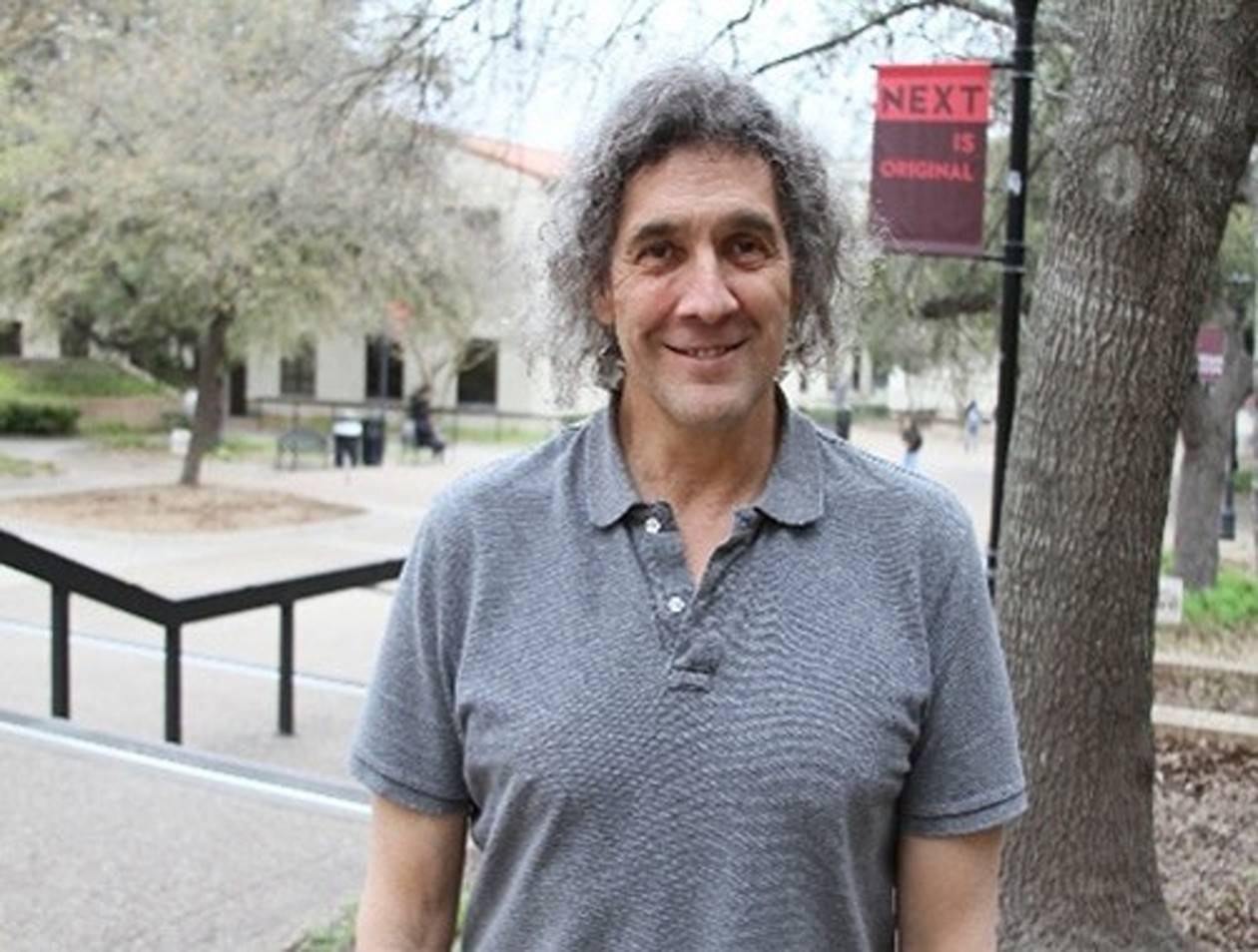
- Alberto Giordano, Professor, Department of Geography and Environmental Studies
- Funding Agency: National Science Foundation
- Funding Amount: $1,001,109
- Project Period: 2022-2025
An unknown number of migrants, ranging from thousands to tens of thousands, have died trying to enter the United States along the US-Mexico border. Despite the size of this tragedy, to this day there is no central database on migrant deaths. This award funds the creation of the Migrant Mortality Mapping Portal Project (M3P2), a website to document, count and map migrant deaths that will include analytical tools and mapping applications to facilitate research and help formulate policies on topics related to forensics, social and behavioral sciences, public health, and geography, and help reunite families with their loved ones’ remains.
The Intellectual History of Resistance, Class, and the U.S. City

- Casey D. Nichols, Assistant Professor, Department of History
- Funding Agency: Institute for Research on Poverty, University of Wisconsin, Madison.
- Funding Amount: $60,000
- Project Period: 2022 – 2024
The Intellectual History of Resistance, Class, and the U.S. City” examines the impact of uprisings on policies to address economic injustice in the United States. Uprisings are essential to the history of policy related to poverty because this form of protest often results in the development of studies and collection of demographic data that shape federal programming designed to address the dual relationship between race and class. I anticipate that this project will further highlight the ways that uprisings, a highly debated form of economic justice protest in Black and Brown communities, have made a critical impact on U.S. policy.
Alcohol use and misuse among Latinas in the U.S.: Addressing gaps in the literature with a multi-methods approach
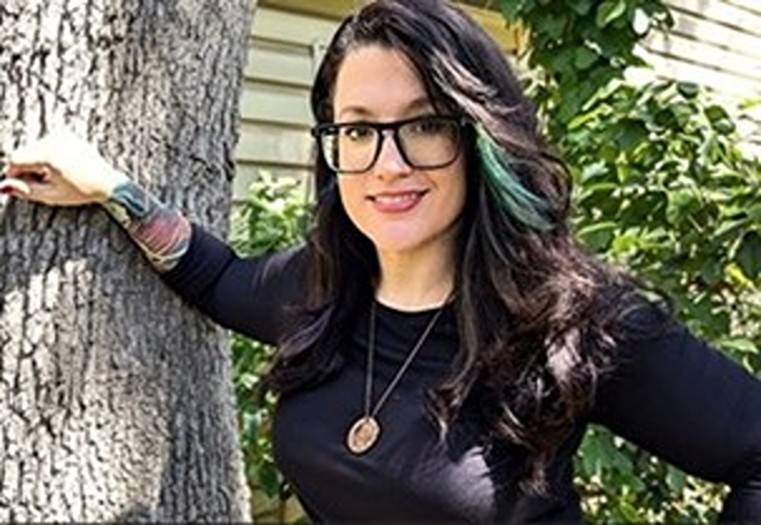
- Jessica Perrotte, Assistant Professor, Department of Psychology
- Funding Agency: National Institute on Alcohol Abuse and Alcoholism https://sccaerablab.wp.txstate.edu/
- Funding Amount: $745,111
- Project Period: 05/01/2022 to 04/30/2027
This project incorporates several methodologies to address major gaps in the literature on alcohol use among U.S. Latinas across two distinct and complementary aims: (1) Analyze national datasets to provide population-based estimates of the prevalence of alcohol use and misuse, shifts in alcohol-related trends over time, and the key correlates of alcohol use and misuse among Latinas and other groups who are underrepresented in population-based analyses; and, (2) Develop a multicultural quantitative measure that captures the perceived gender role expectations surrounding alcohol use that are experienced by U.S. Latinas, stemming from both mainstream U.S. culture and traditional Latin American culture.
Engaged Humanities Research Accelerator (EHRA)
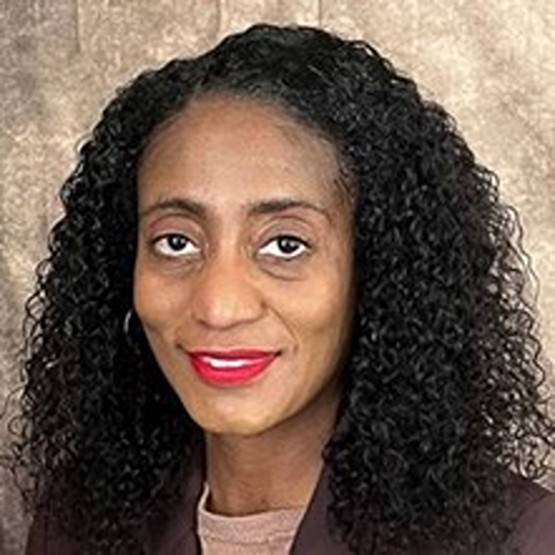
- Aimee Roundtree, Professor, Department of Technical Communication
- Funding Agency: American Council of Learned Societies (ACLS) https://www.acls.org/fellow-grantees/aimee-kendall-roundtree/
- Funding Amount: $157,000
- Project Period: June 2022 - June 2023
The Engaged Humanities Research Accelerator (EHRA) supported projects advancing engaged humanities research slowed or halted by COVID. Faculty and students partner with communities hit hard by the pandemic to create knowledge and increase community, cultural, and educational engagement addressing timely issues of national and global importance through humanities inquiry, dialogue, and insights about racial equality, America's diverse history, US-global relations, public health, and pandemic recovery. EHRA also included a community advisory board for input and recommendations and a meta-analysis of best practices and recommendations for enhancing engaged humanities research. The project engaged several community partners in San Marcos, Austin, Fredericksburg, and Hays County.
